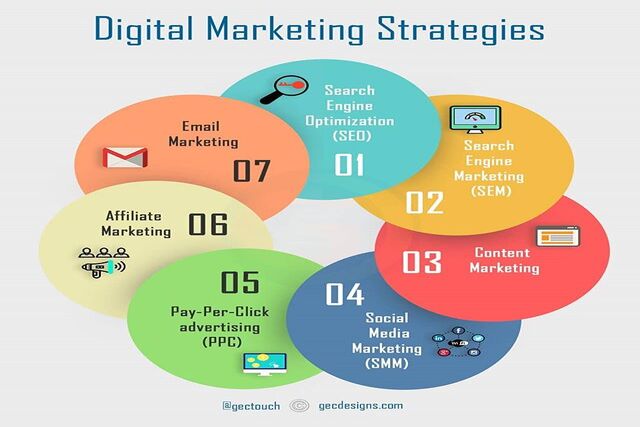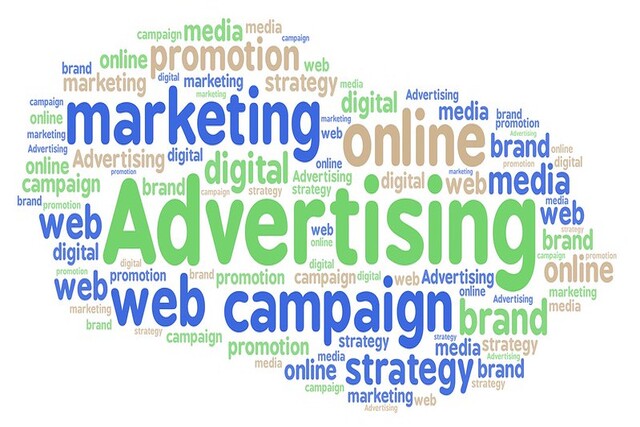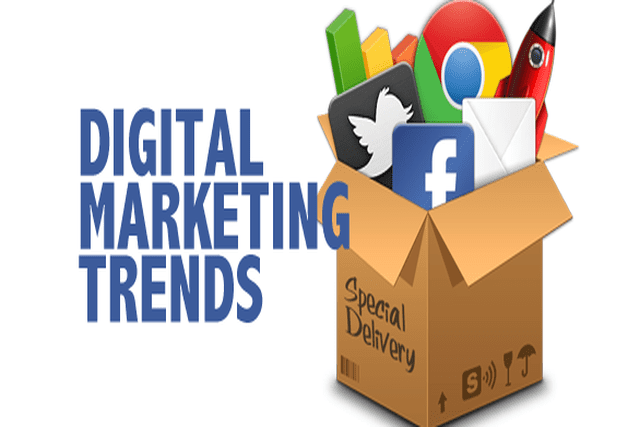Digital Marketing Success is necessary for small companies hoping to prosper in the cutthroat business environment of today. Having a strong digital marketing plan might mean the difference between getting lost in the throng and standing out in the ever expanding online marketplace. Small businesses may increase their visibility, interact with their target audience, and boost sales by utilizing a variety of digital channels in an effective manner. This post will provide useful hints and techniques that small firms may use to develop and carry out an effective digital marketing strategy that supports their objectives.
Table of Contents:
Understanding the Importance of Digital Marketing
Why Digital Marketing Matters for Small Businesses
Digital marketing offers small businesses the chance to advertise to a larger audience for a fraction of the price of traditional advertising. Direct customer engagement, quantifiable outcomes, and targeted marketing are all made possible by it. Building an online presence that connects with target audiences is the cornerstone of a successful digital marketing focus, as consumers increasingly rely on online platforms.
Key Components of a Successful Digital Marketing Strategy focuses

Setting Clear Goals
Prior to initiating any digital marketing initiative, Setting possible, quantifiable goals is essential. What goals do you have in mind? Establishing clear goals will direct your approach and make it easier to gauge success, whether your goal is to increase website traffic, generate leads, or increase sales.
Understanding Your Audience
To create a digital marketing strategy for beginners, It’s critical to comprehend your target audience. To find out about tastes, internet behavior, and demography, conduct market research. This knowledge will assist you in selecting the best channels and messaging to effectively reach them.
Choosing the Right Platforms
Various platforms fulfill different tasks. Depending on who your audience of choice is, you could choose to focus on social media, email marketing, content marketing, or search engine optimization (SEO). Selecting the channels that best fit your business objectives is crucial because each one has advantages of its own.
Successful Digital Marketing Examples
1. Content Marketing Success Stories
Many small businesses have thrived through effective content marketing. For instance, a local bakery may start a blog sharing recipes and baking tips, attracting a dedicated following. This not only showcases their expertise but also drives traffic to their website, leading to increased sales.
2. Social Media Campaigns
Successful digital marketing examples can often be found in social media campaigns. A boutique clothing store, for instance, might run a photo contest encouraging customers to share pictures wearing their outfits, providing user-generated content and promoting engagement.
3. Email Marketing that Works
Email marketing is still a very effective technique for small companies. A successful campaign could involve a personalized newsletter that offers exclusive deals to subscribers, enhancing customer loyalty and driving repeat business.
Developing a Digital Marketing Campaign

1. Brainstorming Digital Marketing Campaign Ideas
Generating innovative digital marketing campaign ideas is essential for capturing attention. Consider seasonal promotions, themed contests, or collaborations with local influencers to amplify your reach. Creativity is key, so don’t be afraid to think outside the box.
2. Crafting Engaging Content
At the core of any effective digital marketing plan is high-quality content. Whether they’re videos, blog entries, or social media updates, ensure it’s engaging, informative, and relevant to your audience. Use storytelling techniques to connect emotionally with your customers.
3. Leveraging SEO
A well-optimized website can significantly boost your online visibility. Focus on keyword research, on-page SEO, and backlink strategies help raise your website’s search engine ranks. Across your website and content, use pertinent keywords to draw in organic traffic.
Measuring and Analyzing Success
1. Making Use of Analytics Tools
To assess the efficacy of your digital marketing strategy, employ analytics platforms such as Google Analytics, email performance metrics, and social media insights. These tools give you useful information on user behavior, which you can use to better your strategy and subsequent campaigns.
2. Test Your Campaigns A/B
Finding out what appeals to your audience can be accomplished via A/B testing. Try varying your campaigns’ headlines, visuals, and calls to action. You may improve performance and maximize your marketing efforts by analyzing the outcomes.
3. Gathering Input from Customers
Never undervalue the importance of client feedback. You can learn what your audience appreciates and where you can make improvements by looking through surveys, reviews, and comments on social media. Future digital marketing tactics will need to take this information into consideration.
Creating a Powerful Internet Presence
1.Building an Easy-to-Use Website
Potential clients frequently contact you through your website. Make sure it is mobile-friendly, visually appealing, and simple to navigate. A website that is easy to use encourages users to stay on it longer and boosts conversion rates.
2.sing Social Media
Social media sites are great resources for establishing a rapport with clients. Post frequently, interact with your audience by leaving comments, and distribute user-generated material. Community and brand loyalty are fostered by this two-way communication.
3. Maintaining Consistency
Consistency in branding and messaging is key to building trust with your audience. Use the same tone, visuals, and messaging across all platforms to create a cohesive brand image. This reinforces your identity and helps customers recognize your business.
Embracing Innovation and Trends

1. Staying Updated with Digital Marketing patterns
The field of digital marketing is always changing. Keeping up with emerging tools, trends, and technology is essential to keeping a competitive edge. To stay informed, take part in networking events, webinars, and industry blogs.
2. Adapting to Changes
Flexibility is essential in digital marketing. Be prepared to adapt your strategy based on new information, changes in consumer behavior, or shifts in the market. Embracing change can lead to new opportunities for growth and success.
Conclusion
Understanding your target, establishing specific objectives, and using the appropriate channels to reach them are the cornerstones of an effective digital marketing plan. With practical digital marketing campaign ideas, engaging content, and a willingness to adapt, small businesses can navigate the digital landscape effectively. By learning from successful digital marketing examples and continuously analyzing performance, you’ll be well-equipped to drive growth and achieve lasting success in the online world.
Embrace these tips, and embark on your journey toward digital marketing success today.







